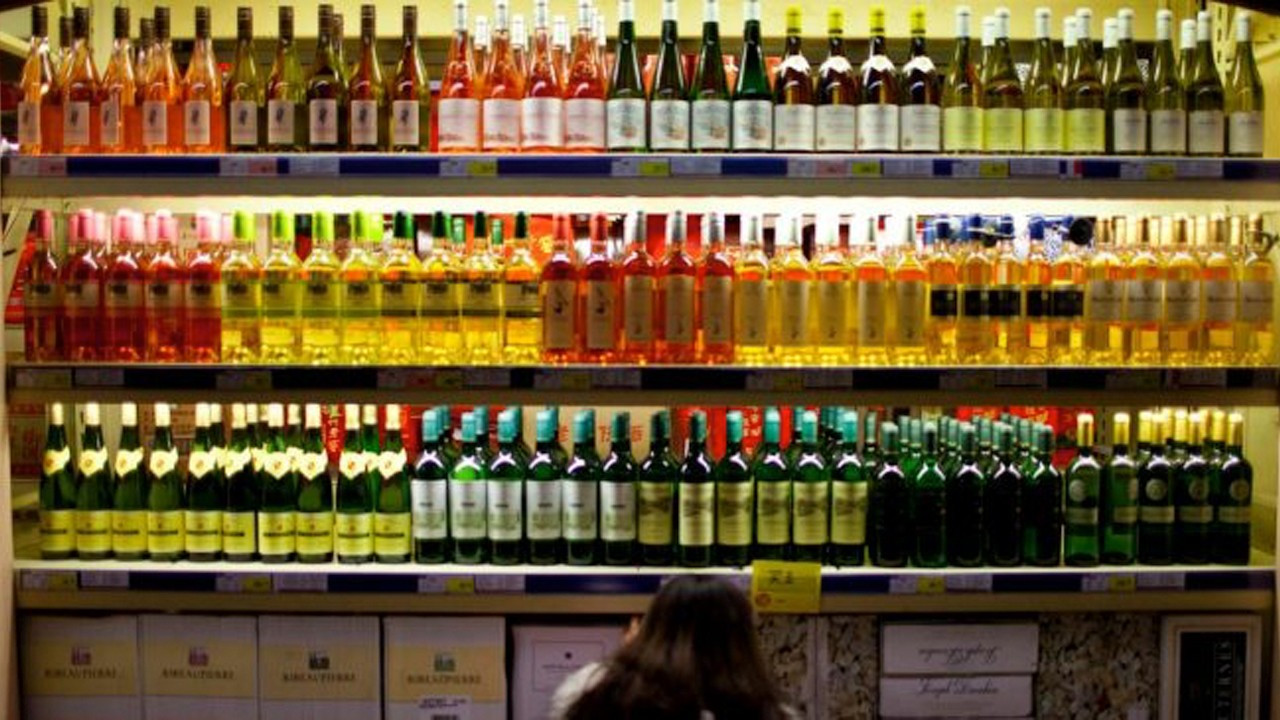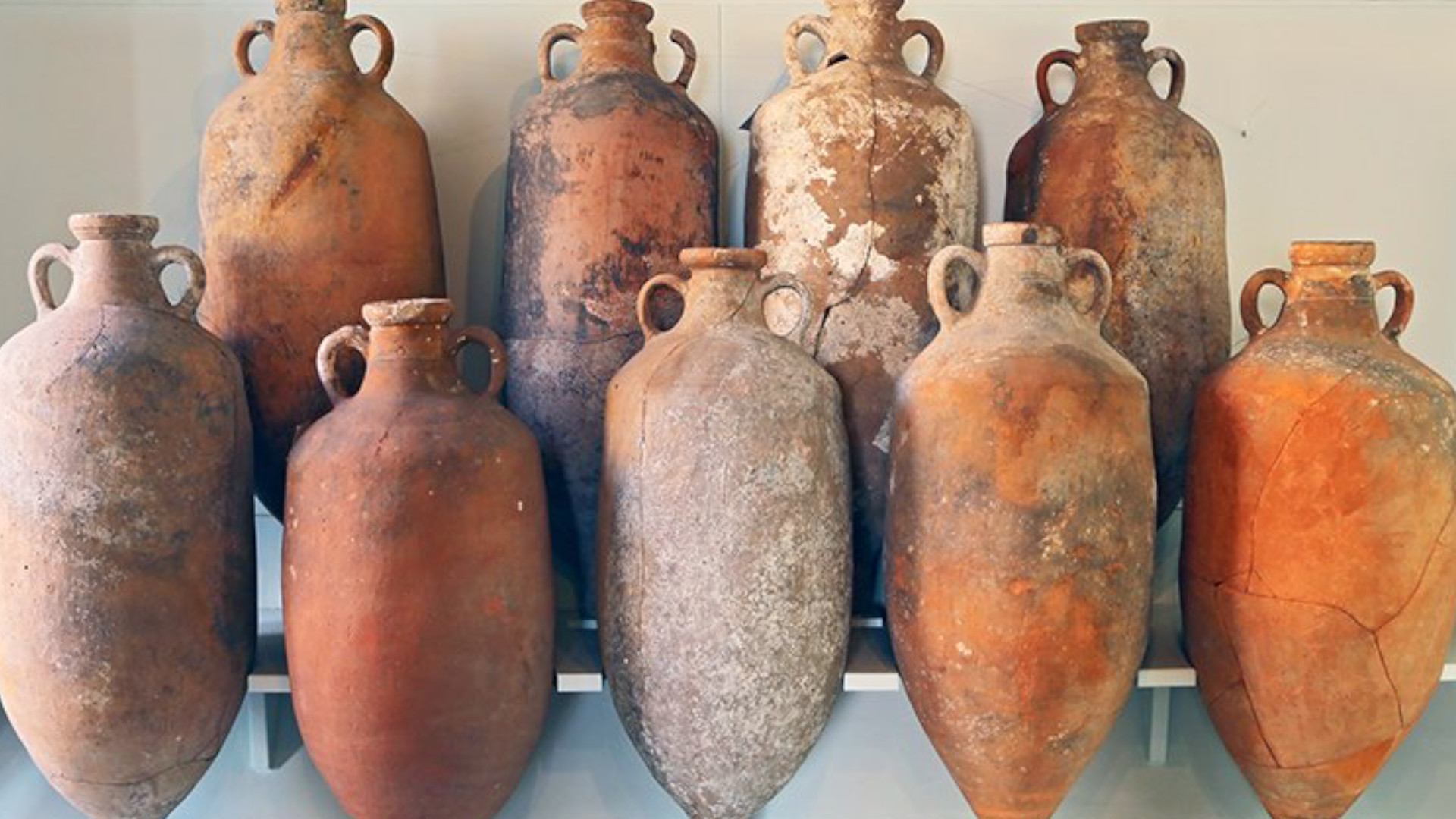Banning alcohol only increases the harmful effects
Metin Solmaz writes: In Turkey, we now have a domestic, national, and modern drinking culture despite all the attempts of banning alcohol since the Ottoman Empire. If alcoholic drinks are produced illegally in a country, then drinking becomes like using drugs. In countries with a drinking culture in daily life, from dining to religious rituals, the harmful impact of drinking is generally lower.
METİN SOLMAZ
Many people smoke all their lives. Voluntarily inhaling large quantities of smoke intensely for years.
There is no reward for such an action. Of course, nicotine goes to the brain, opens the mind, and gives pleasure. But not all cigarettes give this effect. Yet, we do it anyway because we are addicts.
However, if you read “Tobacco and Culture” by Detlef Bluhm, translated by Zehra Yılmazer, you will understand that tobacco is not a drug and that our world owes a lot to it. Tobacco’s contributions to humanity’s cultural history, intellectual activities, and to imagination are discussed in the book.
“Tobacco and Culture” does not simply focus on smoking, but rather pipes and cigars. Pipes and cigars take time and labor before they are ready to be smoked. Thus, their consumption is less frequent than cigarettes and is less harmful because they are not inhaled.
One day this smoking culture met industrialization. Tobacco was then chopped up, stuffed in small paper rolls, enriched with aromas, and wrapped in fancy packages. They added a filter to distance it from the mouth. Nothing has been the same since. While these smoke sticks are consumed, they market them as “the taste of freedom and adventure” with a kind of false reverence. Tobacco then rapidly spread all over the world as a drug. Today, cigarettes are the most violent serial killers in the world. Despite anti-smoking movements and measures against their consumption, cigarette companies are directly or indirectly among the richest in the world. This TED talk says, “You may be accidentally investing in cigarette companies.”
A simultaneously close and distant relationship exists between drugs and culture. The eminent Einstein said, “I believe that pipe smoking contributes to a somewhat calm and objective judgment in all human affairs.” He believed one must smoke a pipe before answering a question. The French painter Honoré Daumier said, “Only a pipe distinguishes man from beast.” From these words, we have arrived at this situation in which we stick a cigarette in our mouth the moment we get out of bed and smoke them continuously, 20-per-pack at a time.
The ruling Justice and Development Party (AKP) government and institutions are constantly cautioning the public: Control yourself. Do not smoke. Do not come home late. Do not dance till the early morning. Don't kiss, don't jump, don't laugh out loud.
Our internal self-control mechanism should, of course, function for various perversions and deviations. However, this self-awareness and self-control is a source of joy and gives our lives meaning. It is our raison d’etre. In a normal person’s life, things like pleasure, knowledge, utility, and creativity balance each other. You cannot just delete pleasure and adopt a biology of only ambition, pride, success and regulation. What a boring life that would be.
Drinking is harmful. This is a fact. Sugar is also harmful. Inhaling and exhaling the polluted air in some cities is also harmful. Stress, sitting in front of a computer, corrupt media channels, such as aHaber, are also harmful to our health. As some alcoholics harm their spouse, friends, neighbors or neighborhood, drinking can be considered as a public health problem.
But can alcoholic drinks be eliminated? As far as we know, there has been alcohol in this world since beer was discovered 13,000 years ago. It was even used as a unit of measurement and in religious ceremonies.
Eliminating alcohol completely is not possible. The first act of our first Parliament was to ban drinking in 1921. The Ottoman sultans also banned drinking on various occasions. Then, what has happened? Nothing. I have drunk what you would call the perfect home wine and vodkas in Iran. Today, there is liquor in Iran. In Saudi Arabia, too.
Let’s see what has happened in Turkey over the last 20 years when drinking became expensive. The geographical sign registration of our national drink rakı was obtained in 2009. Previously there were only a couple of types of beers in the markets; today there are hundreds of varieties of beers. We even have craft beers such as Gara Guzu. Same goes for wine. Previously, it was either overpriced or an extremely cheap pleasure.
Today, there is a wine culture in the country with new and old super producers. Bars and taverns have exploded in popularity. Women used to avoid being seen drinking, but now they can educate men in drinking culture. There were not many books about drinking in the past, but today there are books, encyclopedias, agendas, magazines, online classes, portals, and much more. We now have a domestic, national, and modern drinking culture. This is because, as ordinary people, we are moving forward despite the state and powerful elites.
Culture stands between joyful drinking and harmful drugs. But if you declare war against drinking culture and win, drinks will not disappear. They will become like drugs.
Every neighborhood in Greece has a tavern. These taverns have regulars. Everybody knows each other. Prices are accessible; conversation is delightful. No trouble occurs. Small issues that come up are solved on the spot. You don’t see the signs that alcohol is used as a drug. You see nice people chatting with each other and hanging out over delicious meals. You hear laughter. They do not have a thousand ‘mezes’ like we do here and there is no express service, but there are many smiling faces.
The people in the neighborhood have their needs met within the neighborhood. One of these needs is having fun together. This is, to a great extent, up to the neighborhood tavern to meet this need.
Thus, removing taverns from neighborhoods does not make the neighborhood a more decent place. Perhaps the opposite. The resident of the neighborhood who used to drink and chat openly, will now be doing it secretly. Whatever is done secretly is on the path toward illicit drugs.
Instead of neighborhood taverns, if you build a quarter of taverns, then things change. If you isolate the taverns in one area and build a tavern neighborhood as if you were building an industrial quarter, then the activity loses its ordinariness. It becomes something different. People go out for a night to those places. What happens when casual conversational turns into a nightlife? There is chatting, fun, dancing, but also sorrow, crying together, singing songs together. At the end of the night there are fights, vomiting, then next day you suffer in bed. If there is driving, there is even death.
In countries with a drinking culture in daily life, from dining to religious rituals, the harmful impact of drinking is generally lower.
The 2002 issue of the journal ‘Bağımlılık’ (Addiction), an interdisciplinary scientific publication, an article states, “Interestingly, it is stated that alcohol addiction is less common in societies where alcohol rituals, values, and customs are known and accepted. On the contrary, alcohol addiction is more common in societies where different approaches and opinions about alcohol are not accepted.”
Let there be a ban on liquor advertising. Nobody should encourage others to drink. This is acceptable. But do not try to suppress drinking culture. Do not stop it from developing. Let there not be another irrational Fahrettin Kerim fight. He was one of Istanbul’s former governors who campaigned against alcohol. In the end, they named the 35-ml bottle of raki after him. They would tell the waiter, “Give me a Fahrettin Kerim.”
Last but not the least: Drinks should be sold at a price level similar to that of civilized countries. If alcoholic drinks are produced illegally, then drinking becomes like using drugs. This is not good for anyone.
Here’s to the long and slow rakı-drinking dinners.

 Turkish government seeks to ramp up anti-alcohol policies with new draft billDomestic
Turkish government seeks to ramp up anti-alcohol policies with new draft billDomestic A long-standing Anatolian tradition: Drinking wineCulture
A long-standing Anatolian tradition: Drinking wineCulture